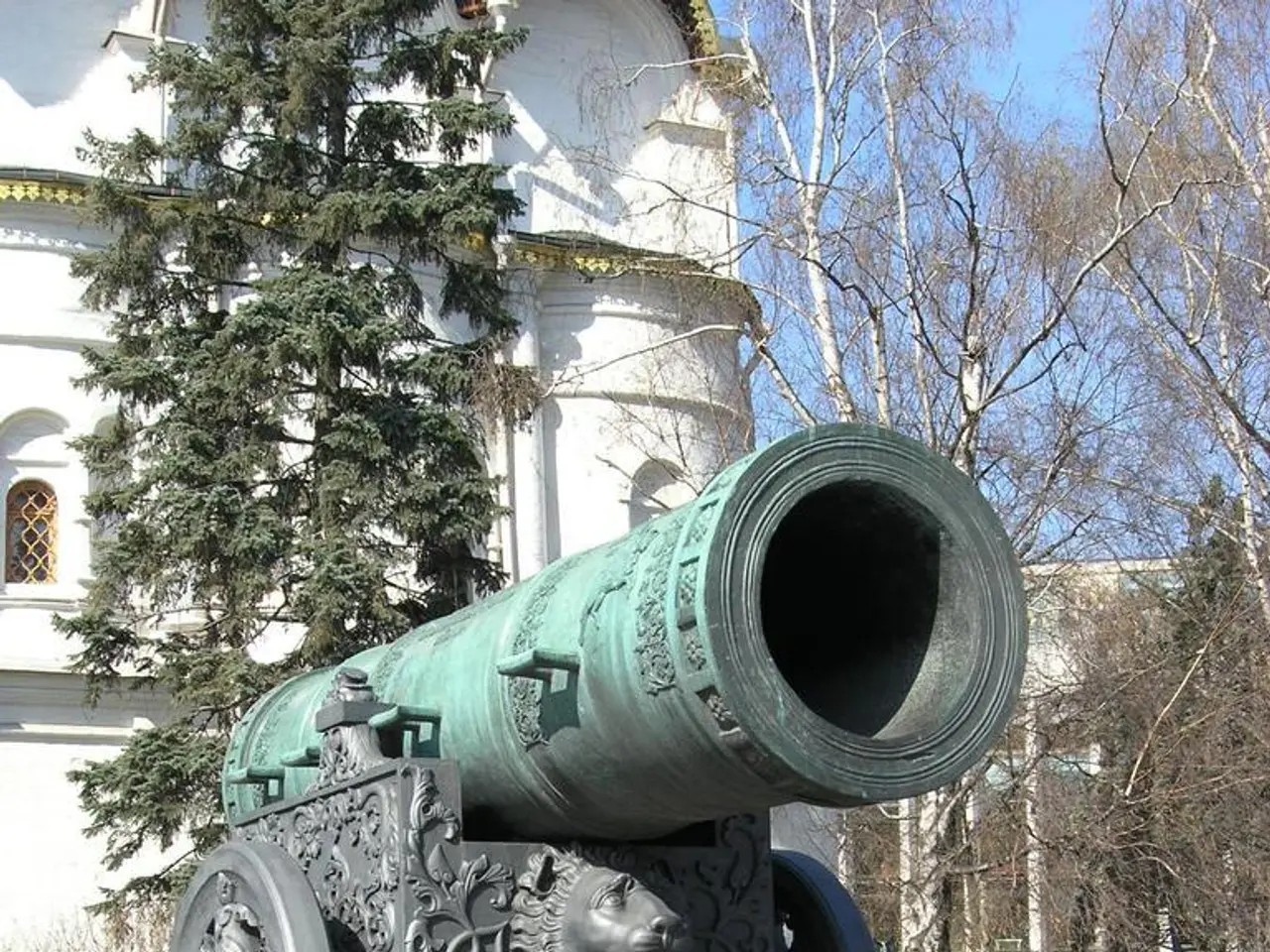The European Court of Justice Weighs in on the Paks Power Plant Energy Controversy
European Court of Justice Annuls Decision on Paks II Project
In a surprising turn of events, the European Court of Justice (ECJ) has annulled the General Court's decision regarding the Paks II project, a significant energy investment in Hungary. This decision means that the European Commission must resume its state aid proceedings, now also considering compliance with public procurement rules.
The Paks II project, worth over €12 billion, involves the construction of two new nuclear reactor units, to be owned and operated by MVM Paks II Ltd. The development is set to provide more than half of Hungary's electricity, making it the largest energy investment in Hungary's history.
Austria, along with several Austrian companies active in the renewable energy sector, had voiced objections to the project, arguing that nuclear technology is outdated and that there is no place for new nuclear energy development in the European Union. Austria appealed against the General Court's decision, claiming that the ECJ had misapplied European law in finding that the lack of a public procurement procedure for the Paks investment did not violate EU law.
The European Commission launched an investigation into the EU legality of state aid for the project in March 2014 and found the aid programme to be in line with EU law in early 2017. However, the ECJ's judgement states that the European Commission should have examined the compatibility of the Paks project with EU public procurement rules, which were found to be inseparable from the decision on compliance with state aid rules.
The situation raises questions about the EU's functioning economic community. An EU body passed a resolution approving a project of critical importance to a member state's energy supply and security, only to be instructed by the ECJ to initiate new proceedings, potentially leading to another decade-long procedure.
Apart from Austria, only one other country, namely the Grand Duchy of Luxembourg, intervened on the side of the Commission, while the Czech Republic, the United Kingdom, Ireland, France, Slovakia, and Poland also intervened on the side of Hungary.
The name of the Austrian company that challenged the Paks II project financing in European court proceedings is Verbund AG. The case provides lessons beyond the law, as Austria, despite presenting itself as a champion of green energy, was able to 'push through' the argument that the power plant contractor was not selected through an open public procurement process.
Russia will provide a €10 billion credit line for the project's construction, while Hungary will provide €2.5 billion in funding. The question arises as to whether Austria would have felt compelled to challenge the Commission's decision if the investment had been made by an Austrian energy company.
The EU's promotion of green energy may keep Hungary in complete uncertainty for decades regarding the feasibility and conditions for implementing its investment in the transition to safe and clean energy. The annulment decision adds another, likely lengthy legal battle to the fate of the development, potentially delaying the much-needed energy investment further.
Read also:
- Duty on cotton imported into India remains unchanged, as U.S. tariffs escalate to their most severe levels yet
- Steak 'n Shake CEO's supposed poor leadership criticism sparks retaliation from Cracker Barrel, accusing him of self-interest
- Dim outlook for a major energy corporation
- Germans face billion-dollar infrastructure crisis on federal highways, as construction projects hang in the balance







